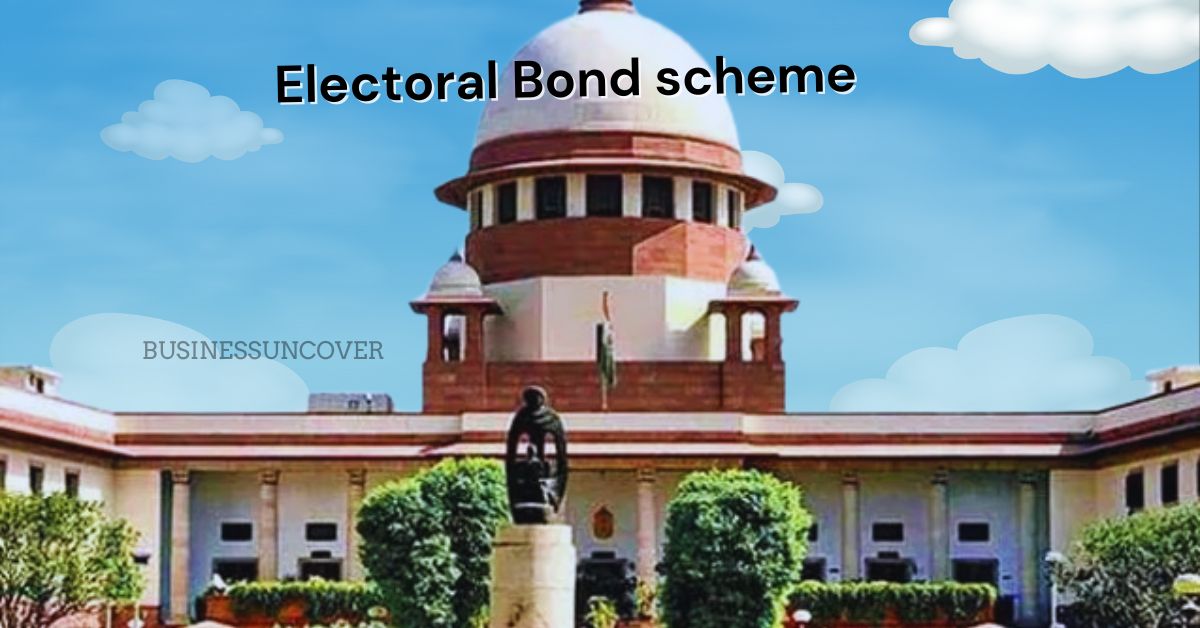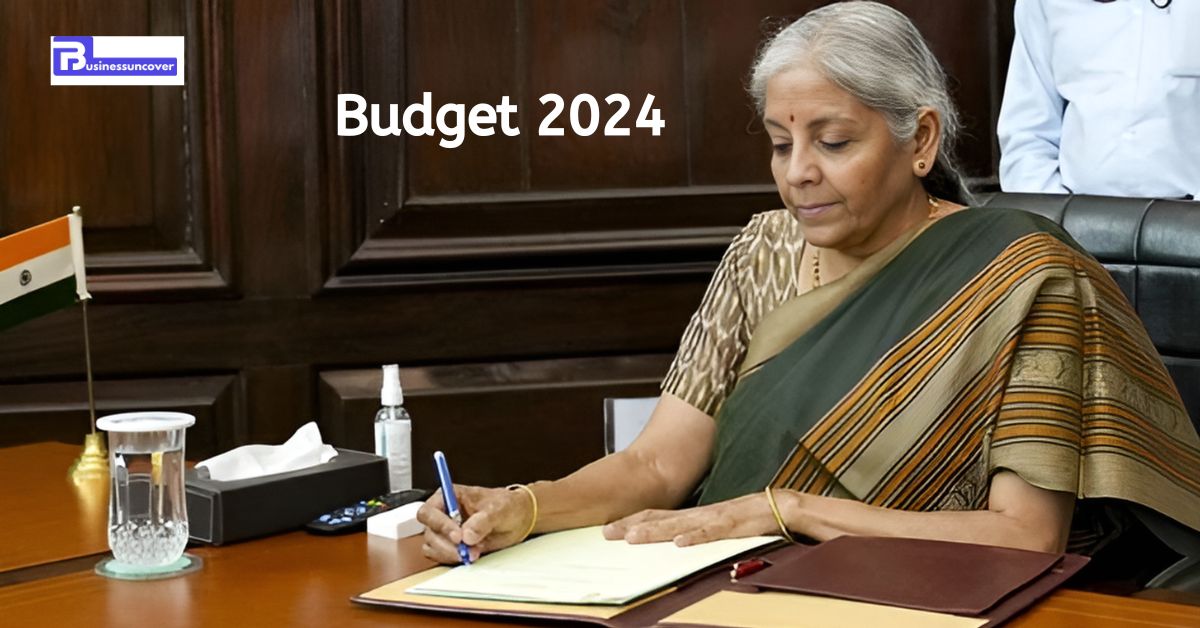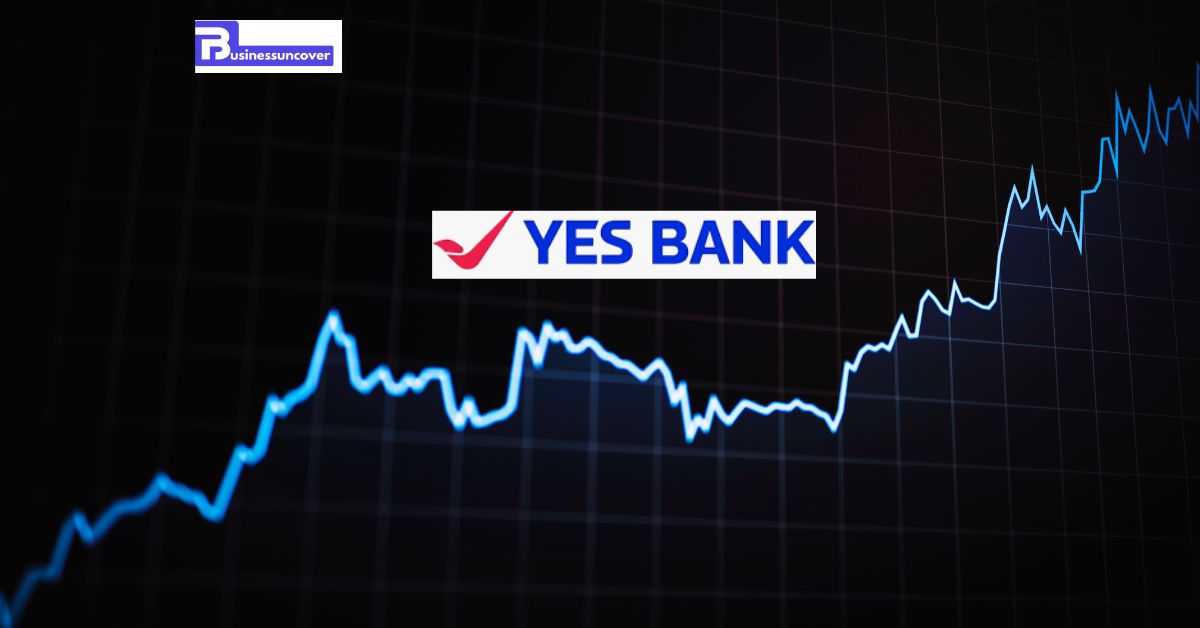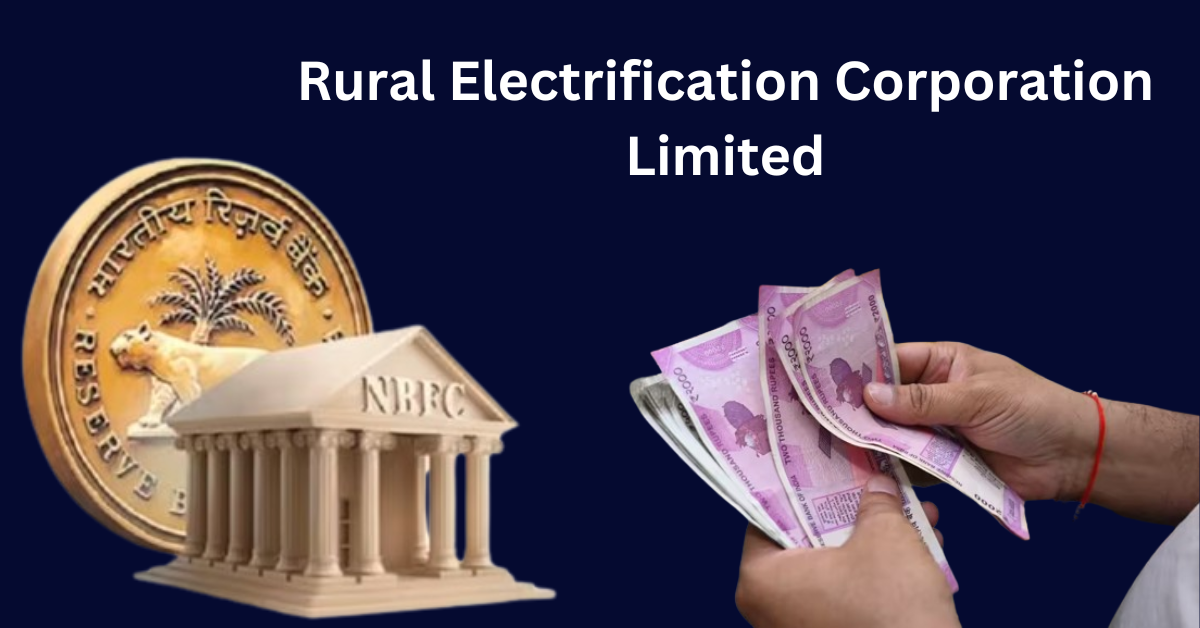Electoral Bond scheme: On Thursday, the Supreme Court will rule on whether the Central government’s “Electoral Bond” program, which permits political parties to receive anonymous funding, is lawful. The decision on a series of pleas challenging the constitutionality of the “Electoral Bond” scheme will be made by a five-judge Constitution bench. Suspicions of corruption are raised by this scheme because the donor’s name and other details are not recorded on the bonds.
The Association for Democratic Reforms, Common Cause, and the Communist Party of India (Marxist) submitted the petitions. In November of last year, the Supreme Court concluded the hearing. The Election Commission then assembled all of the “Electoral Bonds” shared by the political parties and sent it to the Supreme Court in a sealed cover at the top court’s request.
What is a scheme for electoral bonds?
In an attempt to increase transparency in political funding, the government announced the electoral bonds program on January 2, 2018, offering it as a substitute for cash contributions to political parties. Election bonds are cash equivalents that individuals or corporate entities can purchase from a financial institution and donate to a political party, which can subsequently exchange them for cash.
The Bharatiya Janata Party (BJP) reported to the Election Commission that it received approximately ₹1,300 crore in electoral bonds in 2022–2023; this information is based on their annual audited report. In the fiscal year 2022–2023 the party received contributions totaling ₹2,120 crore, of which 61% originated from electoral bonds. The Congress received ₹171 crore in funding from electoral bonds in 2022–2023 as opposed to ₹236 crore in 2021–2022.
The buyer would only be permitted to purchase electoral bond(s) if all current KYC requirements were met and payment was made from a bank account, according to the Ministry of Finance. The payee’s name will not appear on it. With a 15-day expiration date, Electoral Bonds can only be donated to political parties recognized by section 29A of the Representation of the Peoples Act, 1951 (43 of 1951), and which have received at least 1% of the total votes cast in the most recent general election for the House of the People or a Legislative Assembly.”







